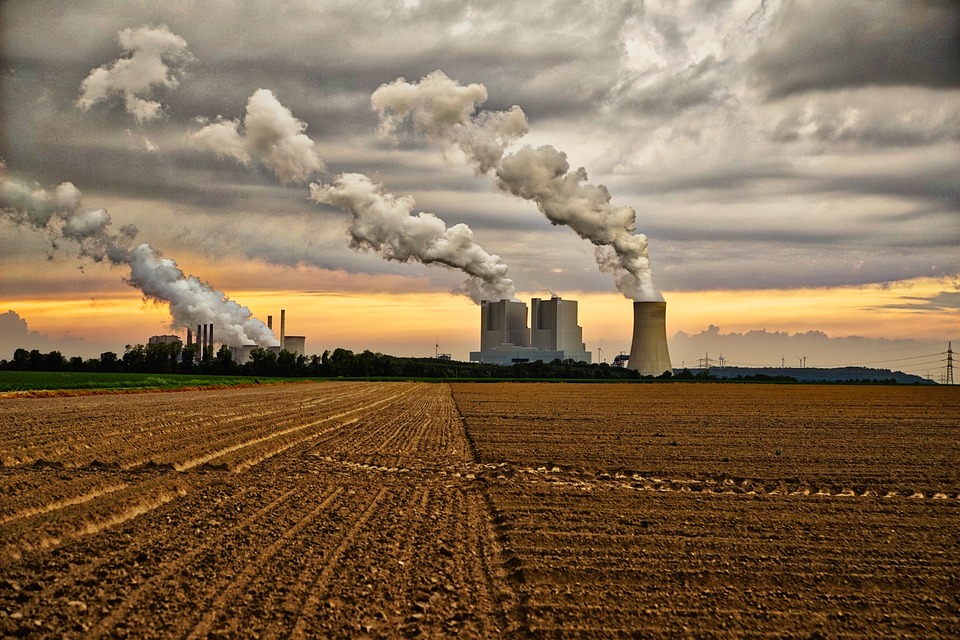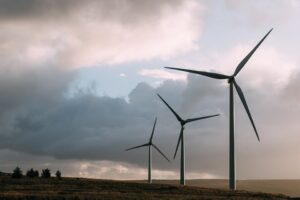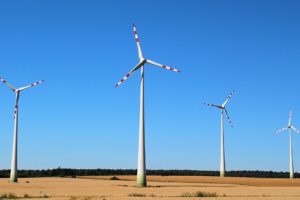West Virginia is clinging to its coal-fired plants, which account for almost all electricity generations, even as other states increasingly shift towards clean energy. The State’s House Energy and Manufacturing Committee have advanced a bill that requires coal-fired plants to keep at least 30-days of coal supply under contract.
Protecting Coal Plants
The bill, which now goes to the full House of Delegates, will require all public electric utilities to give notice when retiring or shutting down any electricity generating units in the state. The legislation is part of the state’s bid to protect its dwindling fleet of coal plants under immense pressure amid calls to curb carbon emission.
FirstEnergy, which operates coal plants, is one of the companies under pressure to reduce carbon emissions. The company has already pledged to achieve carbon neutrality by 2050. It is also targeting a 30% reduction in greenhouse gas emissions within its direct operational control by 2030.
The commitment comes when coal plants in the state are steeply declining as the focus shifts from coal towards renewable energy. Energy consumption from renewable sources exceeded coal consumption for the first time in more than 130 years in 2019. The trend is expected to continue as the use of coal to produce electricity continues to decline.
However, West Virginia still accounts for the most coal-fired power plants, which account for almost all electricity generation.
Sempra Energy Stakes Divestment
Separately, Sempra Energy has entered into a definitive agreement to sell a 20% non-controlling stake in Sempra Infrastructure Partners to KKR for $3.37 billion. The $3.37 billion transaction values Sempra Infrastructure Partners at about $25.2 billion.
The sell-off is part of Sempra Energy‘s bid of simplifying its non-utility infrastructure investments under one platform. According to the company’s CEO, Jeffery Martin selling the 20% stake will allow the company to combine resources with KKR, therefore, improve the ability to capture new investment opportunities in cleaner forms of energy. The transaction should also send a clear signal about the expected value growth in the infrastructure portfolio.










